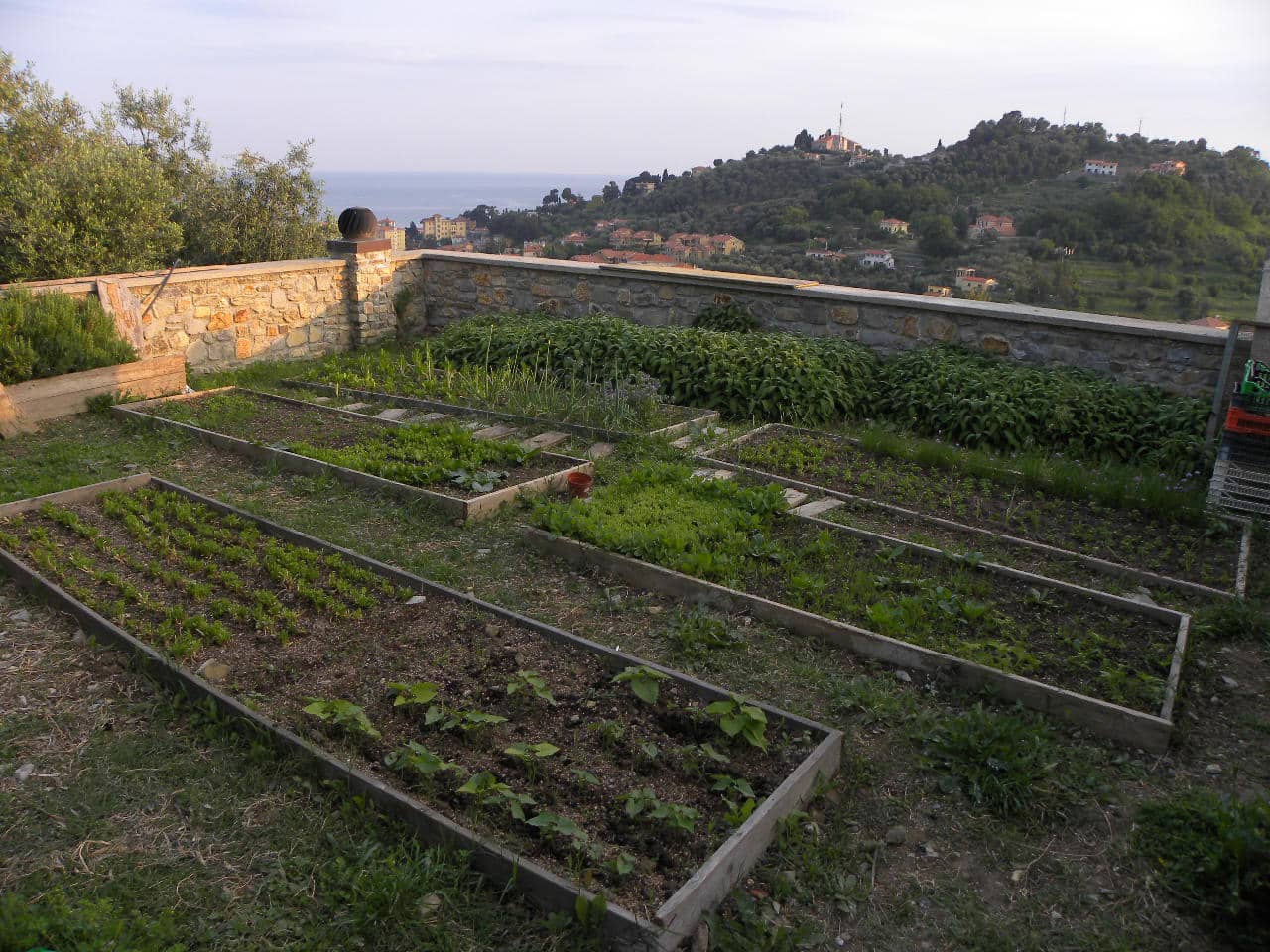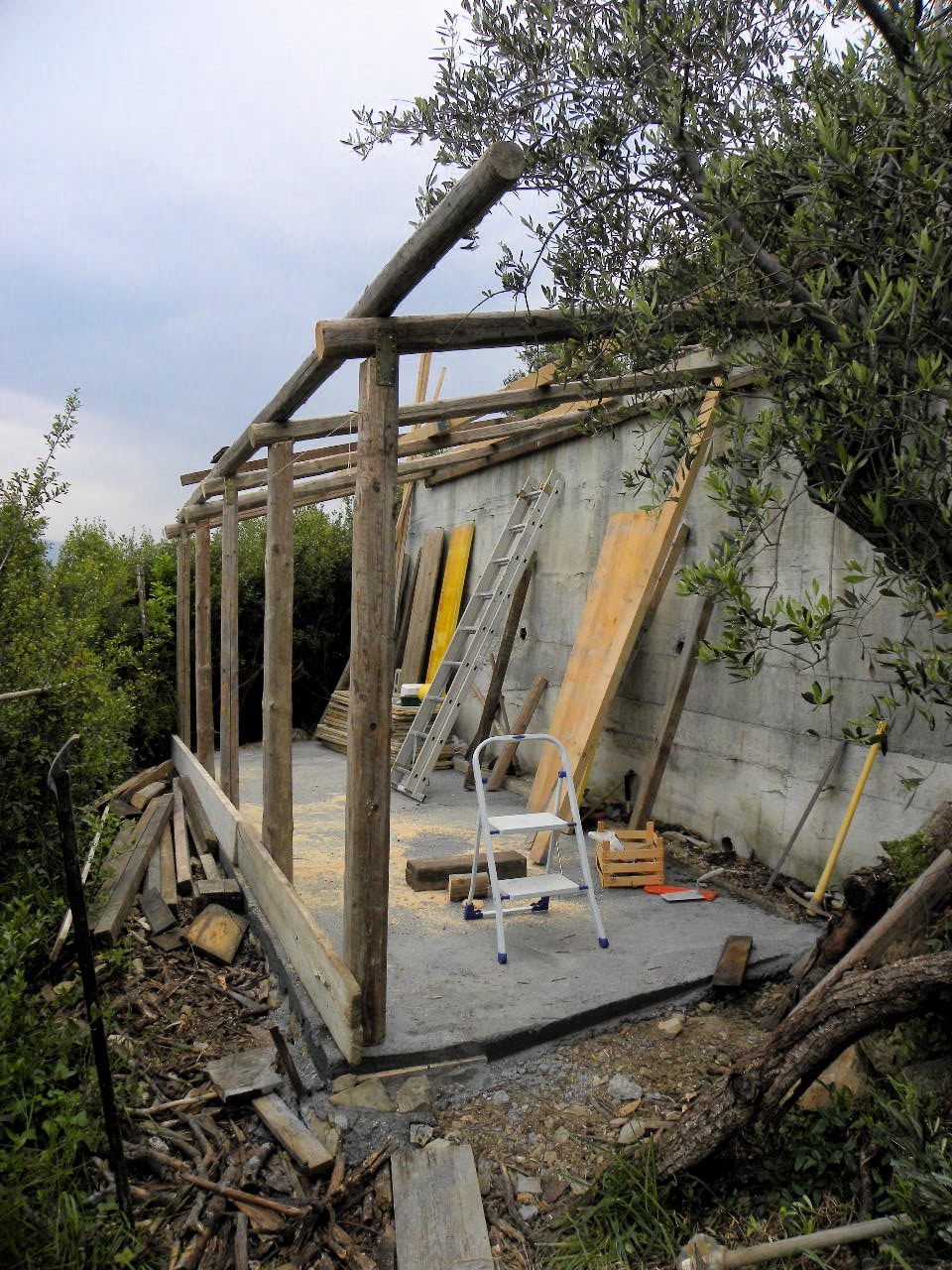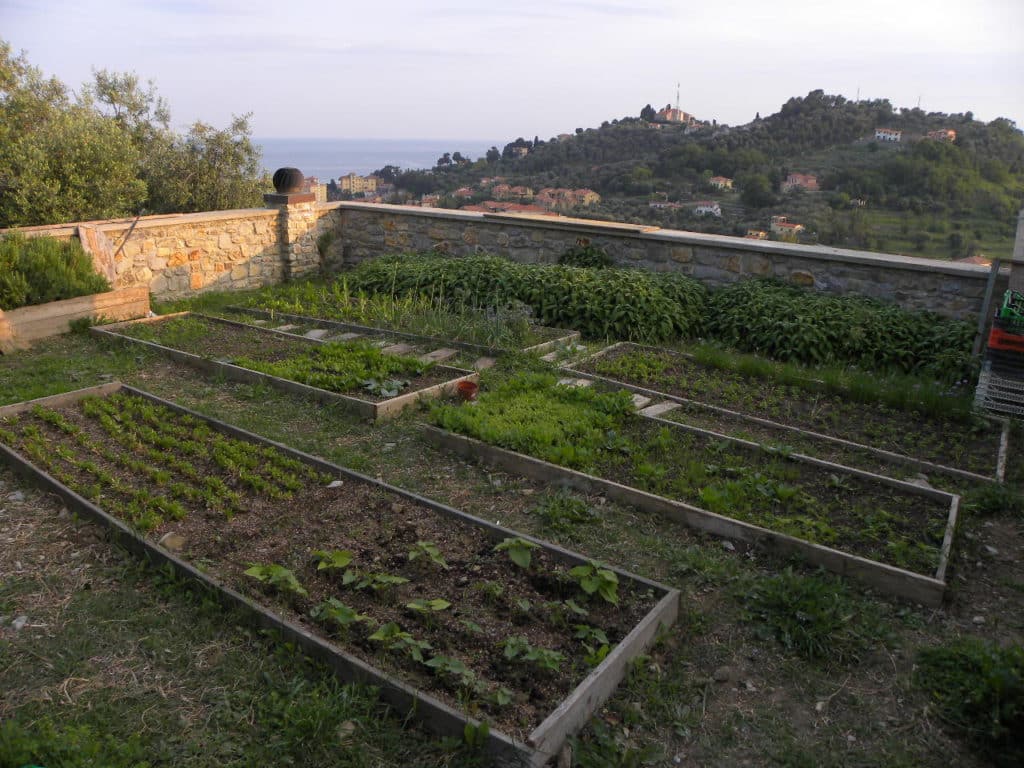By Gabi Logan
For travelers with itchy feet and empty pockets, WWOOFing sounds like the perfect opportunity. You can stay for free (with food included) amid such picturesque rural locations as olive orchards in Italy on cliffs overlooking the Mediterranean, rolling hills covered with lavender in the south of France, and blossoming cherry orchards in Japan.
“Sign me up!” you may be thinking, and while there are few drawbacks–you’ll even get a great tan–WWOOFing is not something you should rush into.
WWOOFing essentially means having your home, job, and social life all confined to one, often isolated, place and a handful of people. Wouldn’t you thoroughly check out the situation before accepting a job or signing a lease on an apartment?
Ask these key questions before confirming your WWOOFing stay to make sure that you–and your host–are happy with the arrangement.
Table of Contents
What do you want to get out of the experience?
This is the only question to ask yourself and not your host, but it’s a biggie. Do you want to learn a skill like how to make cheese or garden organically or prepare artisanal marmalade? Or are you just looking for a new kind of work exchange experience or free room and board for a few months?
The WWOOF organization is very staunch about the fact that WWOOFing is a knowledge and cultural exchange, not just a work for lodging quid pro quo. The President of the Italian WWOOF association, Claudio Pozzi, relayed to me that “if there is not sharing and exchange, the relationship becomes one of subordination, and that is the domain of other organizations. I want to reiterate that [for us] work is not a form of payment for hospitality.”
If you are not keen on learning something from your experience, whether it is specifically about organic farming or more generally about your host’s language, culture, or lifestyle, WWOOFing is probably not the best match for you. Look into a more general work exchange network like HelpX (http://www.helpx.net/).

What type of work goes on when you’ll be visiting?
Some WWOOF hosts are technically on top of things, providing a Google calendar outlining what type of work goes on each week or spelling out a rough overview of the main focus of each season in their WWOOF listing. Even in these cases, and especially when this information is not available, it’s worth discussing the planned projects with your host before confirming your stay. Otherwise you may find yourself sterilizing barrels and presses at a winery for a month instead of actually learning how to make wine, or bundling hay for three weeks instead of learning to make goat cheese as happened to a fellow WWOOFer.

When will you work?
Life in the countryside begins early. Whether there are animals that need to be fed, vegetables that need to be picked and packed for the market, or difficult labors to be finished before the midday heat sets in, you’ll probably be expected to start at 8 a.m. at the latest. Check on the typical morning hours with your host so you don’t find yourself in a place where work starts at 6 a.m. when you’ve never managed to get up before 8 or 9 in your entire life. Likewise, check which days your host expects you to work. A five day work week is not the norm on a farm, though religious households typically take a day off as a matter of course. Be clear up front if you expect to travel on the weekends.
How long will you be expected to work?
Before I embarked on my first WWOOFing experience, I was bewitched by a story in the Guardian in which the writer and her friend worked in the garden each morning, enjoyed a filling lunch made from local ingredients with their hosts, and set out each afternoon to explore the Tuscan countryside–even taking advantage of local thermal hot springs to nurse their sore muscles. Imagine my surprise when my host assumed I would work 8-10 hour days six or seven days a week! Setting (preferably in writing) an expected number of work hours before you arrive gives you something concrete to point to if you feel like you are being taken advantage of.
Will you be staying with other people?
For some travelers, meeting other adventurers is a big part of the experience. But if you’re not totally comfortable sharing close quarters with total strangers–a young female having to share a small room with a 40-year-old guy for two months for instance (true story)–ask your host about the situation in advance. They’ll probably already know who will be around during that time and may have a private or semi-private option if you ask far enough in advance. Watch how you ask though; I saw a WWOOF host laugh hysterically at the presumption of a couple who asked if they could stay in a private room.
Where will you stay?
As we covered in GoMad Nomad’s WWOOFing 101 guide, accommodations can vary from a private, self-service apartment with internet, full kitchen, tv and sitting areas to a tent or sparse caravan. Before you leave you’ll want to know whether you can expect to stay inside or not, and whether your electronics will be secure (or even rechargeable) during your stay.
Can you get into town (or to other towns) on your own?
If you are just looking for a rural experience, an isolated host is no problem. But being stuck in an inaccessible part of Tuscany with no way to explore Florence, Chianti, or the surrounding towns could put a big damper on your plans to use WWOOFing as a base to see the region. Ask your host about local transportation or other options for WWOOFers; some hosts have bikes available for their volunteers or will be happy to drive you to the nearest train station or show you around themselves.

The difference between a sob story WWOOFing experience and the time of your life can either come down to chance or preparation–it’s up to you if you want to take your chances with Lady Luck.
It can be really difficult to get in touch with hosts, but asking you host these key questions before you confirm your stay ensures that you take control of your WWOOFing time and end up with the best situation for you.
 Gabi Logan is a freelance blogger and travel writer. While renovating a Ligurian farmhouse on a recent WWOOFing trip, she finally found a way to put her Italian literature degree to use: bonding over Dante with her hosts.
Gabi Logan is a freelance blogger and travel writer. While renovating a Ligurian farmhouse on a recent WWOOFing trip, she finally found a way to put her Italian literature degree to use: bonding over Dante with her hosts.





All good to know. We’ve considered doing some wwoofing for the experience (and food/accommodation) – often sounds like a good way of extending a trip on the cheap but good to have all sides highlighted.
Even though I had some unfortunate conditions/miscommunications the first time I WWOOFed, it was still an amazing experience. And I came home absolutely crazy (and way more knowledgeable) about gardening.
The list of hosts in many countries is just totally overwhelming, but it’s worth really doing your research and not just syncing up with the first host you correspond with that has an opening at the right time to make sure you get to spend the most time enjoying your experience. A few hours online can just make such a difference in the match you end up with.
Thanks for the great tips, I’m heading off to China shortly for my first wwoofing experience and am beginning to arrange my stays. I will be sure to be very specific about my arrangements. Will let you know how things go and if I can share any other tips.
@Tao Would love to hear how the WWOOFing goes. Let us know!
As the article points out, it is very important working out agreements with your host.
Finding a host has been difficult for me; some may find not all hosts abide by WWOOFF standards. I.e. charging volunteers.
In fact, some country organizations have refunded me my membership fee, after discovering that hosts were requesting payment from volunteers.
Luckily I’ve found hosts and will be wwooffing shortly.
Wayfarer
Wow, Thanks for that Wayfarer. I never heard of hosts charging volunteers. Something to look out for. Let us know how your next Wwooffing goes.
Wow! That is really ridiculous. I’ve heard a lot of WWOOFer horror stories, but not that! I’m curious what country that happened in (hosts requesting payment). Would you mind sharing?
I’ve actually noticed conditions for WWOOFers getting worse the last few years and I think it is because there has been a growing resentment on the part of hosts when WWOOFers schedule a visit and don’t show up that they are taking out on other WWOOFers. I just this happen when someone I know cancelled because of serious medical problems that would have kept her from being useful to the host. The host said he was going to report her to the country coordinator. But as she had just WWOOFed for the country coordinator (who adored her), it was thankfully not an issue.
I was so excited about wwoofing the U.S. Unfortunately about 30% of the emails don’t even get a response. The rest often have totally different responsibilities for working than what their profile states. I am sorry, but working 6 – 7 days a week and 8 – 10 hour days on a farm for room and board defeats the purpose of wwoofing. I think what really is ruining this experience is the amount of new farms looking to get free labor instead of promote sustainable farming methods.
I would rather travel on my own funds and camp while donating time to local farms for perhaps a few take home produce than work like a slave.
P.S There are several farms in Arizona that require fee’s. One I know of requires a 4 month stay and they charge I believe $200 for the first month and I think $50 for the last. They at least tell you. However, I have heard rumors of some more “spiritual communes” under the guise of sustainable farms that don’t tell people upfront and wait for you to you settle in.
This is good information to know. I’ve heard Wwoofing can have mixed results but it does seem like something to try at least once in your life. I know there are a lot of different options but what countries would you recommend for each season or particular type of work. I’m sure there is a variety but I’m hoping to narrow it down if I ever decide to try this out.